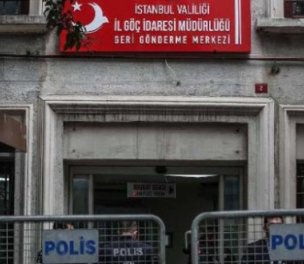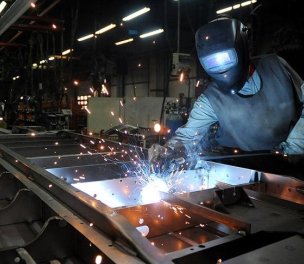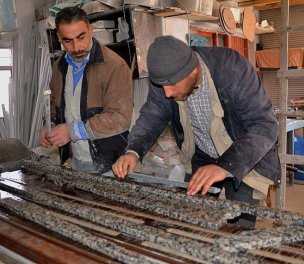What refugees from Syria in Antep say about rising anti-refugee sentiments
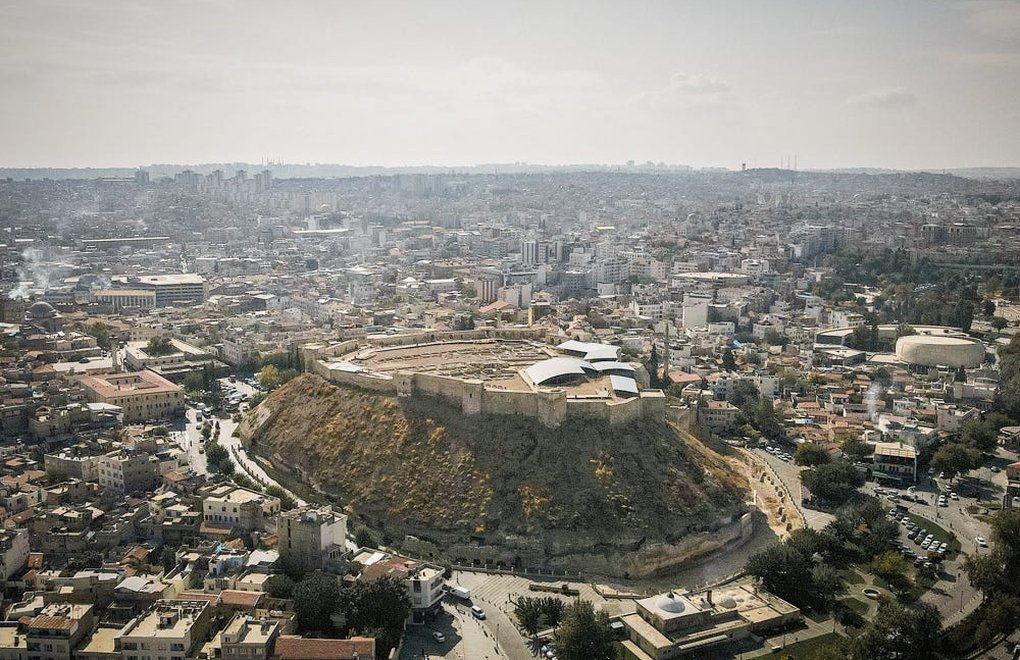
According to official figures, about 464,000 Syrian refugees live in Antep, a city of 2 million. (Photo: İnanç Yıldız)
Just over 3.6 million refugees from Syria live in Türkiye, according to official records, but if you ask people in the streets, many will tell you the real number is much higher.
Concerns about the population of refugees from Syria in the country are fueled by many factors, all of them amplified by an ongoing economic downturn and coming election cycle that place their legal status under temporary protection as a topic for public debate and an opportunity to score political points.
Channeling citizens' discontent towards non-citizens is not new, and some politicians have made a personal brand out of it, but recent polls suggest migration and the economy are among the top ballot box issues for the coming year. In response, political figures of diverse backgrounds and leanings are increasingly promising to send refugees back to Syria if they win.
"Go sleep on the street"
With appeals to voters once again turning to anti-refugee rhetoric, Turkey recap spoke with refugees from Syria in Antep to hear their thoughts about current talking points. The city hosts the second largest refugee population in Türkiye, after İstanbul. Many refugees there described growing economic struggles compounded by a lack of workers' rights and routine discrimination.
"A man told me, 'You are Syrian, I am not giving you shelter. Go sleep on the street. Go back to your country,'" said Muhammed Mustafa, 34, from Aleppo.
"Turkish citizens tell us we are uninsured, that we work for low wages, but we also want to have the same rights as Turkish citizens," Mustafa continued, referring to the desire for formal working conditions and wages.
"But they don't treat us the same. That's why discrimination happens," he said. "It's also a problem for us. For example, my children are excluded at school because they are Syrian. The teacher doesn't show interest in them. Life is hard."
Mustafa operates a textile workshop and runs a furniture shop as well as a telephone shop in Antep. He says he understands concerns about refugees from Syria bringing down unskilled labor wages while increasing pressure on the housing market. Yet he questions narratives implying refugees take jobs away from citizens of Türkiye, noting he has 20 sewing machines in his workshop and has difficulty in finding employees.
"You know, they say on social media, 'there are no jobs, the Syrians took our bread away,' but I'm from Syria, I'm looking for a worker, and I can't find them," Mustafa told Turkey recap. "They don't work for me because I'm Syrian. We also can't find Syrians to employ ... Syrians are doing the worst things. They work as porters, do cleaning and construction."
Apart from manual labor, refugees from Syria often work in clothing and footwear workshops in Antep. The main reason is most have experience in the sector and if they don't, they can learn the job quickly in workshops, of which there are many in the city and they're constantly looking for new workers.
Insecure work
The city's Ünaldı Industrial Area hosts a large number of textile workshops and, therefore, is one of the places most frequented by refugees looking for work. Among them was Yusuf El Ahmet, 25, a Syrian living in the Perilikaya neighborhood of Antep for four of his nine years in Türkiye.
Ahmet currently works in a textile workshop in Ünaldı without insurance, without vacations, 12 hours a day, sometimes eating lunch at his sewing machine.
"Well, what should I do?" Ahmet asks. "I am obligated. Prices went up for everything. I get 1,700 lira (92 US dollars) per week for this much work, but the money is not enough. I don't know what to say. I've been here for nine years. I miss my hometown, but we can't go. There's a war. Otherwise, we would have left."
Though Ahmet says he's avoided arguments with co-workers to date, many exchanges have angered him.
"Sometimes, when I am called 'Syrian, Syrian ' I get angry," Ahmet told Turkey recap. "Everyone gets angry, not just me. For example, they don't call me Yusuf at the factory, they call me Syrian. I have my name, why do you call me Syrian?"
He continued, "When we work in the factory and something bad happens, they say 'a Syrian did it' even though we didn't do it. They tell us to go fight [in Syria]. They ask why are we wasting time? ... What will we do if we go to Syria? No money, no salary."
Former Aleppo resident Şadi Hamut Şibli, 35, has also been in Türkiye for nine years. He works as a porter in Ünaldı and his monthly rent is 800 lira this year, up from 500 lira last year, for an apartment in Çıksorut. Şibli earns 1,500 lira (81 dollars) per week and has one child, but he is trying to make a living to pay off debt and takes a different stance than other interviewees from Syria.
"I can't say anything for those who speak badly," Şibli said, adding most people from Syria are better off in Türkiye.
Another issue in Ünaldı, is the use of child labor. At 17 years of age, Ahmet H. has been working on and off for a year and a half. He and his family went from Aleppo to Bursa nine years ago before settling in Antep.
"Our rent in the Vatan neighborhood was 1,000 lira and it became 1,500 lira (81 dollars)," Ahmet H. said. "We are five siblings. Only my dad works. It is not enough for us. I have to work because my other siblings cannot find a job."
Ahmet H. said he had also experienced discrimination despite his young age.
"When we are told 'go back', we ignore it," Ahmet H. said. "We wouldn't come here if we didn't have to. We had our own house there [in Syria]. I wasn't working, I was studying."
Mohammed Nebhen Albadr, 24, who arrived from Aleppo eight years ago says he's "worked in every job you can think of." He added basic workers' rights were denied on some job sites.
"I asked for insurance and they didn't give it. They made excuses," Albadr told Turkey recap. "All their reasoning was actually not to give money."
He went on, "I have been working in construction for three to four months now. They give 250 lira (13.50 dollars) per day and 32 lira goes to the road fare. Our salary is below the minimum wage. Our rent is 3,200 lira (173 dollars). We are seven people and two people work at home."
Although Albadr works as a laborer like other Syrians I spoke to, he lives in an area with high rent prices. His reasoning is that many problems occur in districts with low rents. Albadr said that when something bad happens, the blame is immediately thrown at Syrians, and that no apologies are made when people learn Syrians were not involved.
A repeated point of tension cited by interviewees was how Syrians are often asked why they're not fighting for their country. Albadr shared his thoughts on the subject.
"There is America in Syria, there is Russia, all the countries are there," he said. "It's okay if we fight only one, but there is no such thing. We fight with bad weapons, they shoot with planes."
"Also, we want to live humanely," he continued. "Now my Turkish friends say, 'The war in Syria is over'. But it's not over. They enter houses with guns. If it was over, this wouldn't happen."
Drawing attention to the aid given to the Syrians, Albadr said he accepted some a couple of times, but it's not enough after a recent surge in prices for staple foods.
"We don't want help, we want our rights when we work," Albadr said.
Shopkeepers
Following these interviews, I decided to talk to shopkeepers from Syria in the city. I tried to conduct interviews on İnönü street, where trade shops of people from Syria are densely located.
The last time I visited these places was when the refugees first arrived. At that time, Syrian-run shops were easy to spot thanks to the Arabic letters on shop windows. These days, the signboards on almost all the stores are in Turkish.
After many attempts, most shops turned down my requests for interviews. While inquiring at one store, a middle-aged man sitting in a chair tried to find out who I was when he saw the camera in my hand. When he learned I was a journalist, he started swearing, saying, "They are Arabs." I asked why he said that and did not get an answer. The shopkeeper also rejected my interview request.
I continued to try my luck and a bakery worker agreed to meet. Although we had difficulty understanding each other, the person was clearly describing what I had witnessed.
Mahmut Zalat, 60, came with his family in 2014 and after a while he opened a pastry shop with his children. In the early days, their rent was 1500 lira, then 2,500, then 4,500, and now 6,000 lira (324 dollars).
They say that they can barely make ends meet because everything is expensive now. I asked if they have problems with local shopkeepers or clients.
"When they find out we are Syrian, they go back out the door," Muhammet Ali Zalat, 22, said. "When a person approaches the shop, they ask "Syrian coffee? Isn't there a Turkish one?"
"It's just like that," Mahmut Zalat said. "If they want, we can go. There's nothing we can do. We are guests here." (İY/VK)
This report was produced by Turkey recap with support from the Heinrich Böll Foundation in Türkiye and the IPS Communication Foundation.
Click for all Turkey recap articles on bianet
Marching for peace in Diyarbakır and the police
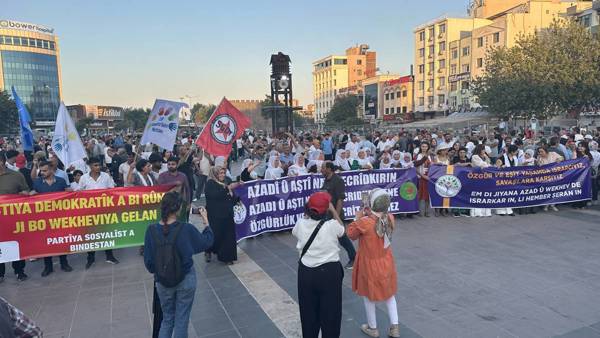
Elderly prisoner denied medication in Batman prison
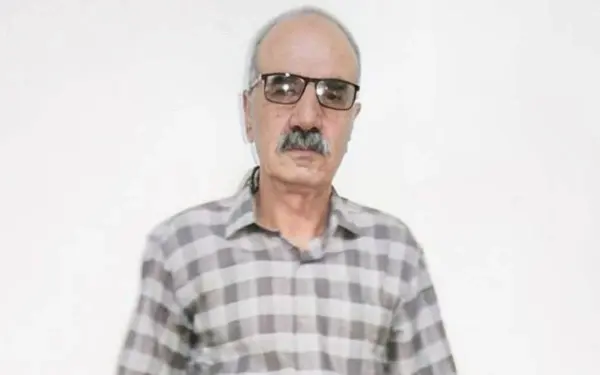
'Unlawful' hydroelectric plant project threatens ecosystem in Dersim

Doctor shortages deepen in Diyarbakır as emigration continues
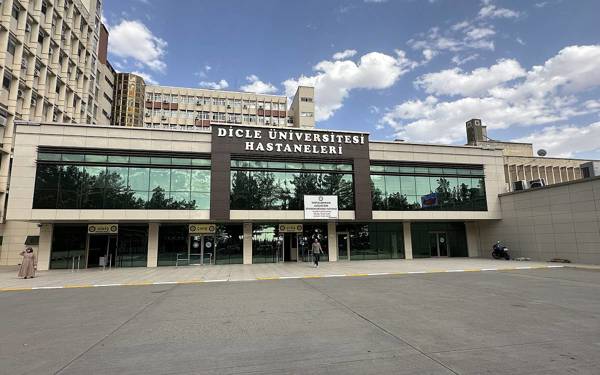
Rights group finds nearly 3,900 violations in Kurdish regions in 6 months
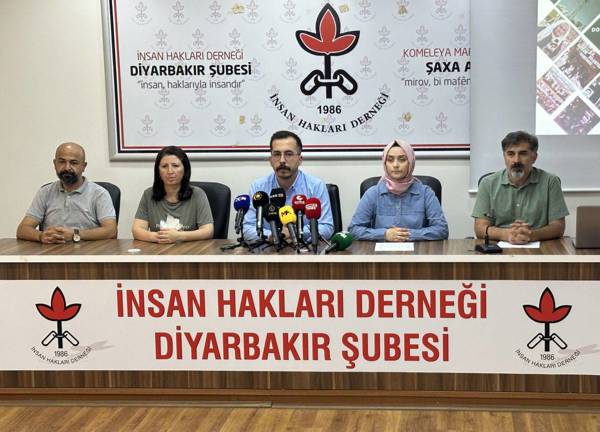




.jpg)
.jpg)

